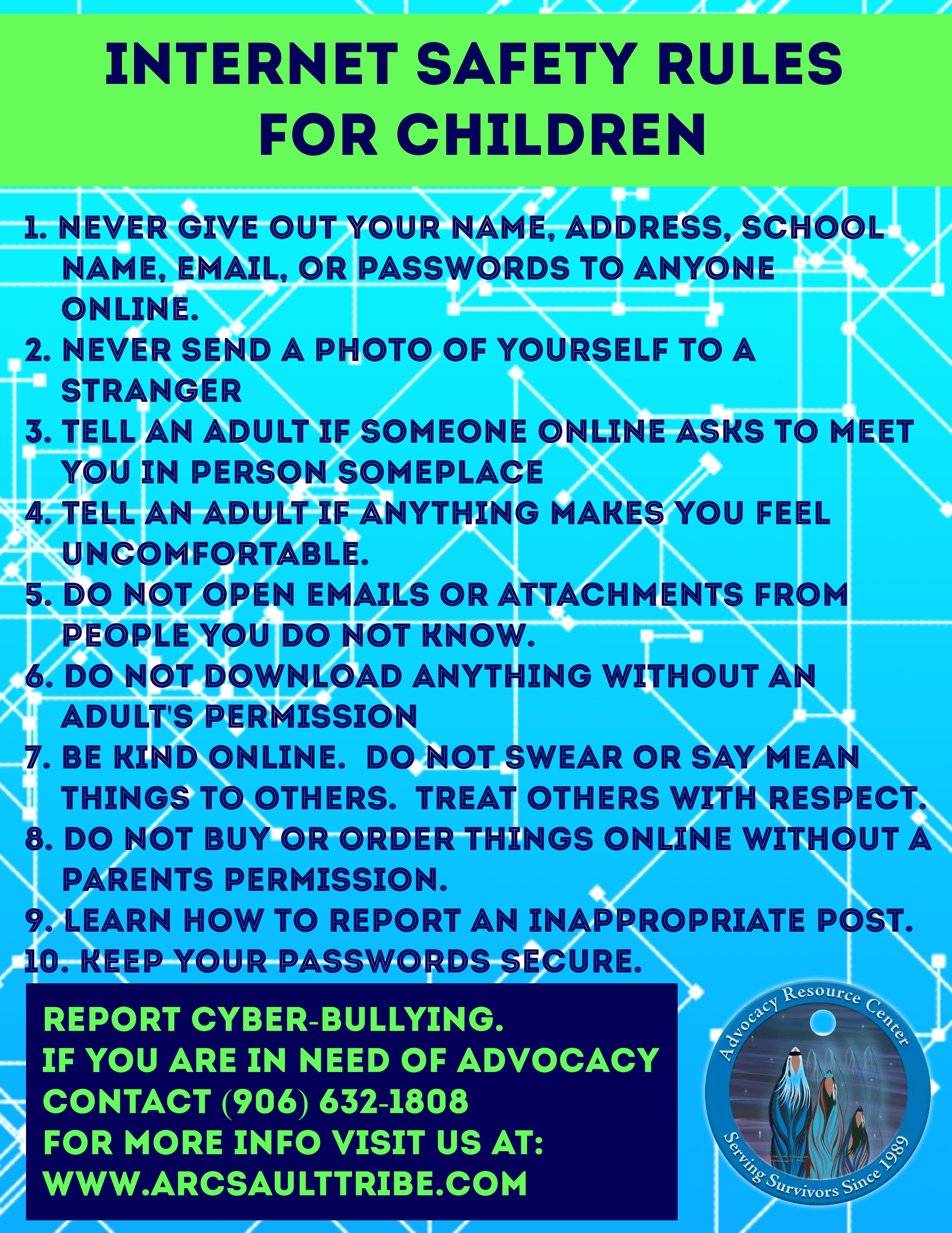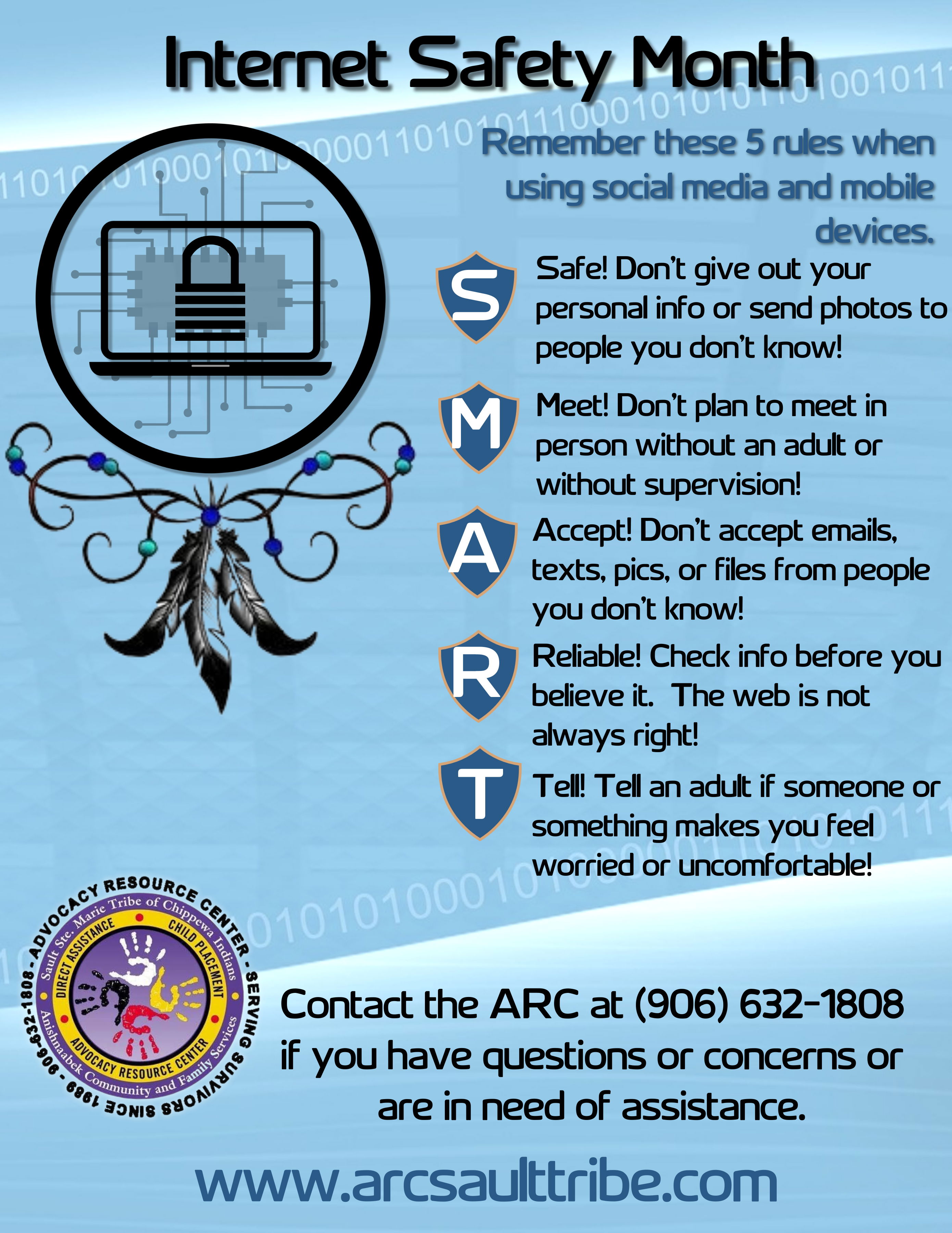July Focuses on Summer Cyber Safety
Summer Cyber Safety for Children

Children spending more time at home for the summer may mean they are getting more screen time than usual. Gone are the days of children playing outside until the street lights come on. Nowadays, children are less likely to play outside and more likely to be found crashed out on a couch or bed with a phone or tablet. If not glued to a phone, perhaps stuck to a video game for hours on end. Although smart and able to easily navigate most electronic devices, children are still naive and vulnerable to the dangers lurking behind the screens. As parents, grandparents, guardians, babysitters, and daycare providers, we can all participate in helping our children stay safe while they are online.
Communication is key. It begins with regular communication with our children. Not just a one-time reminder in passing to “be careful” on the internet, but periodic reminders of the potential danger that awaits them in cyberspace.
We need to have in-depth conversations about why we need our children to be careful. Parents are concerned about their children being connected online daily via social media or online gaming. Cyberbullying, internet predators, sexting, texting and driving, identity theft, too much screen time, and so on.
Life is no longer as simple as we remember it to be. “Generation Z” and “Millennials” are defined as the first social generation to have grown up with access to the Internet and portable digital technology from a young age; members of Generation Z have been dubbed "digital natives.” Therefore, rules and boundaries are necessary for this new generation. Many “Generation X” and even “Baby Boomer” parents or grandparents are learning to navigate with some difficulty and many kickbacks.

ARC has advocates on hand to assist you if you feel you are being stalked in ANY form.

MONITOR! MONITOR! MONITOR! Do not simply assume your children are safe. You must be aware of what they are doing online. Communicate with them and discuss these rules often.


Stay Alert! Protect Yourself from Phishing Scams! Be cautious of phishing scams lurking in cyberspace. Phishing scams are deceptive tactics used by cybercriminals to trick you into sharing sensitive information like passwords or financial details. They often disguise themselves as legitimate entities through emails, text messages, or fake websites. Remember, never click on suspicious links or provide personal information unless you verify the source. Be wary of urgent requests, grammar errors, or offers that seem too good to be true. Protect yourself by keeping your software up to date, using strong and unique passwords, and regularly monitoring your accounts for any unusual activity. Stay vigilant and spread the word to keep our community safe from phishing scams! #OnlineSecurity #StaySafeOnline #PhishingScamsAwareness

Elders BEWARE! Please share this information with an elder to keep them safe and protected from the many scams targeted at them.
Internet, Mail, and Phone Scams- Elders are often victims of significant financial loss from scams disguised as charity donations, investment opportunities, lottery winnings, sweepstakes, or making wire transfers to thieves imitating a family member.
The Grandparent Scam is a way to prey upon elders using their love and concern for their grandchild's safety to convince them to wire or send them money. Always contact a close family member to confirm the "emergency situation" is legitimate before sending any money.
Resist the urge to respond immediately!
Never wire money based on an email or phone request. You cannot get your money back this way.
Please contact the ADVOCACY RESOURCE CENTER at 906-632-1808 for help.